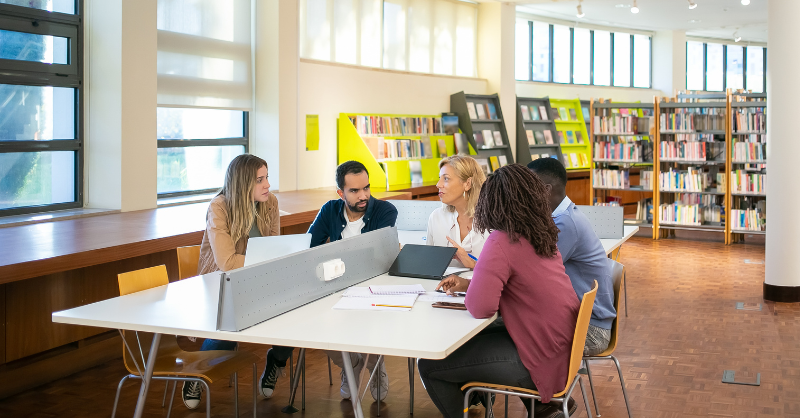Campus libraries are more than just physical spaces; they are catalysts for learning and personal development. Their role in fostering academic success is multifaceted, ranging from providing access to a vast array of resources to being a supportive environment for intellectual exploration.
In the digital era, the library’s role in curating and providing access to credible information becomes increasingly vital. As students navigate an overwhelming sea of information online, libraries can guide them towards reliable and scholarly sources, enhancing the quality of their research and learning.
Libraries also play a key role in developing critical thinking and research skills. Through workshops, one-on-one consultations, and online tutorials, they equip students with the tools to evaluate, analyze, and synthesize information effectively.
Collaborative spaces in libraries encourage peer learning and group work, essential components of modern education. These spaces allow students to engage in team projects, discussions, and study groups, fostering a collaborative learning environment.
Libraries serve as inclusive spaces that support diverse learning needs and styles. From quiet study areas to technology-rich zones, they offer various environments to suit individual preferences, ensuring that every student finds a conducive space for their academic pursuits.


![]() 10 minutes
10 minutes


![]() 10 minutes
10 minutes